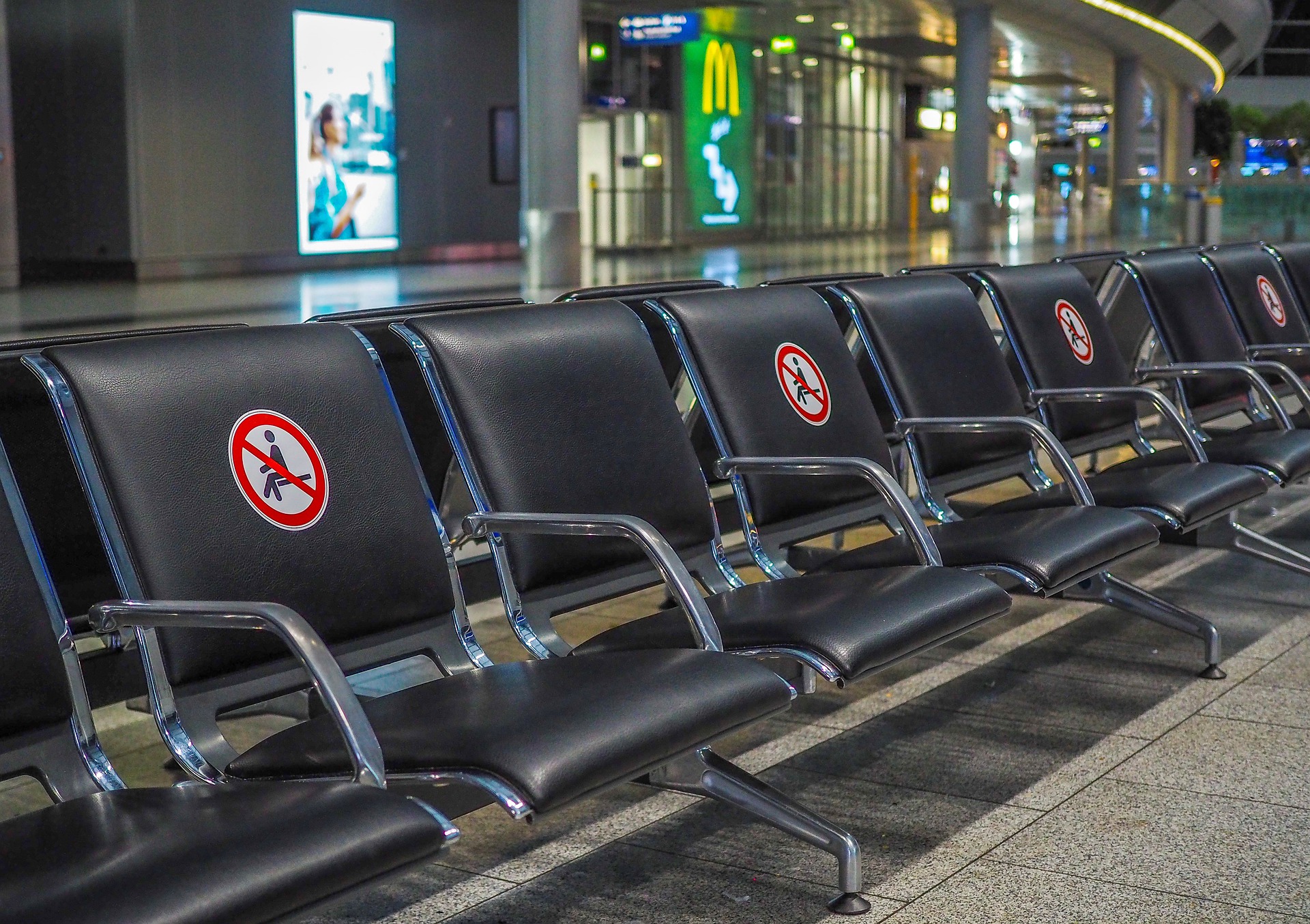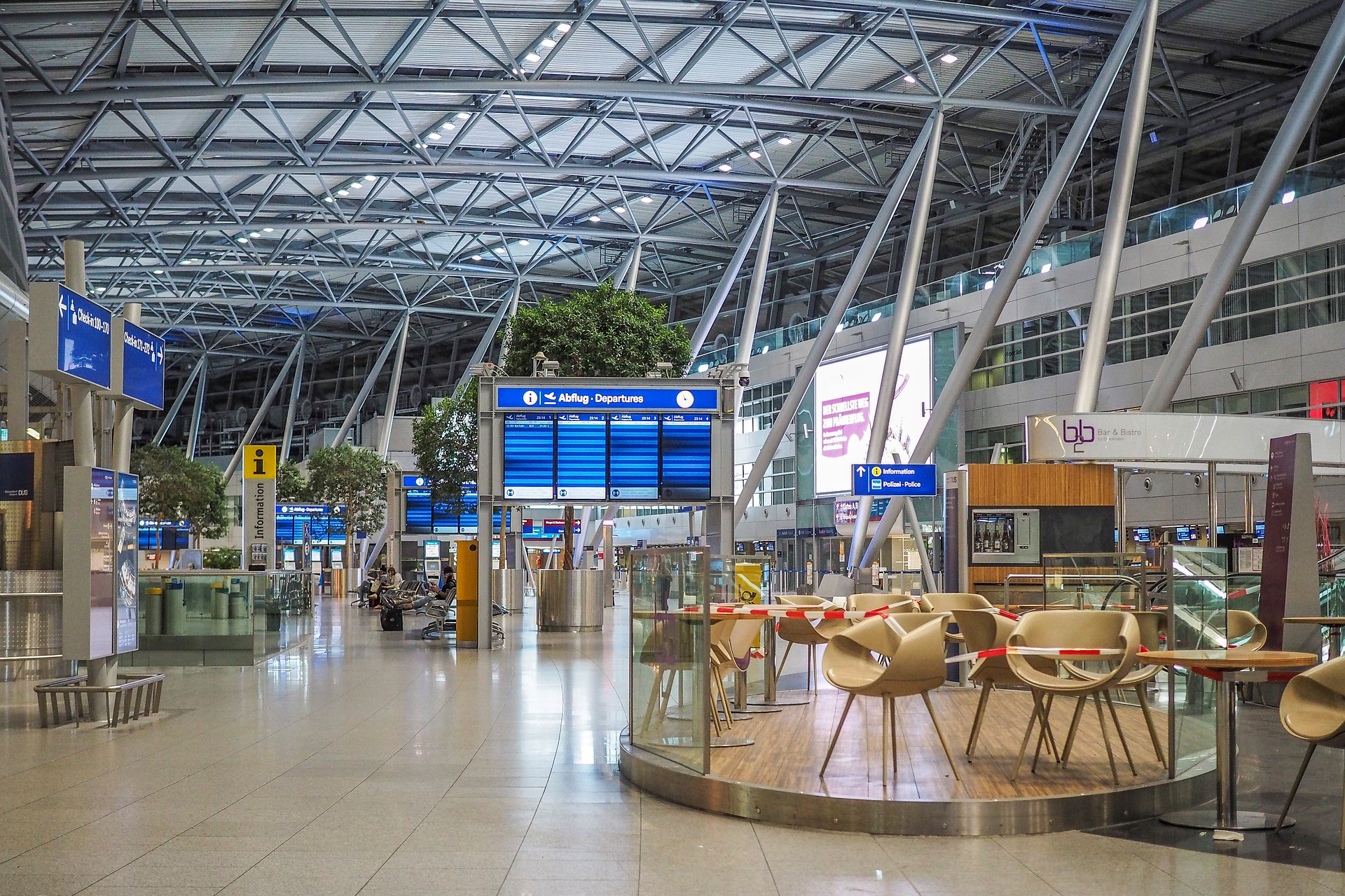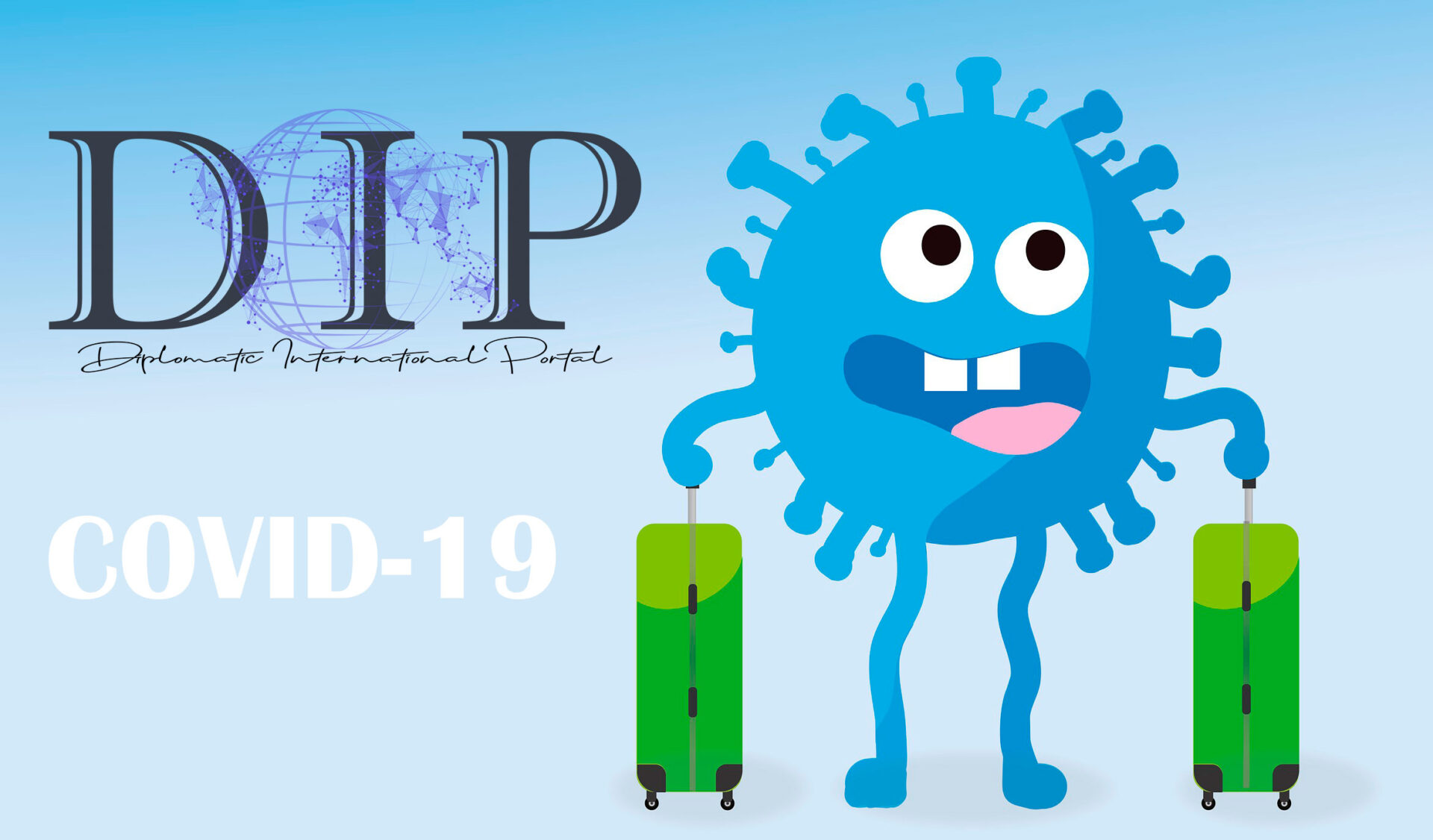You have probably noticed that travel has become a rather disturbing event due to the spread of the coronavirus (COVID-19). People are canceling booked trips and receiving warnings from health authorities to minimize contact with already affected countries.
But do you have an international trip that you booked a few months ago and that you have been looking forward to for a long time? Or maybe you would like to take advantage of the sudden drop in plane ticket prices over the last couple of months. If for some reason you decide to go on a trip, how to protect yourself from the coronavirus? Will you be covered by travel insurance if you fall ill while abroad?
Is it safe to travel during a coronavirus outbreak?
Unfortunately, no one can tell you that traveling during a coronavirus outbreak is completely safe, regardless of your age, health or destination. Although the death rate from COVID-19 seems relatively low, and you can even return from a trip unharmed and healthy, there are some things to consider before traveling:
- Your age. Elderly people, especially those over 80 years of age, are most at risk for complications of coronavirus disease, while those aged 10 to 39 years are relatively low (approximately 0.2%). This does not mean that you are less likely to get infected if you are younger, just that you are less likely to get the disease. You can still get infected and spread the disease.
- Your medical history. People with pre-existing conditions are also more prone to serious coronavirus disease than those who were previously healthy. If you suffer from respiratory disease, cardiovascular disease, diabetes, hypertension, cancer, etc., you should reconsider your travel decisions.
- The country you will visit. Most cases have been reported in China, where the virus first appeared, but there are other “hot spots” where thousands of cases have also been reported – the most notable of which are Italy, Iran and South Korea. Therefore, as a precautionary measure, the CDC has warned against traveling to these countries, except when necessary. This does not mean that travel to countries with fewer registered cases is also completely safe.
Moreover, it is likely that you will have to undergo self-quarantine for two weeks after returning from a high-risk country, even if you are not infected.
Will coronavirus affect your travel plans?
Because little is known about the virus, health officials constantly warn of insignificant trips to the affected areas, attendance at large and public gatherings, and encourage people to stay home as long as possible if they are in the affected area.
But if you decide you really want to travel – or because you want to take a risk, you’re going to a low-risk place, or a trip is important – you need to make sure you’ve taken the necessary steps to protect yourself.

What can I do to protect myself from the coronavirus while traveling?
According to the WHO (World Health Organization), to protect yourself when traveling during a COVID-19 outbreak, you must:
- Wash your hands often. This is without a doubt the most important thing you can do to minimize the risk of coronavirus infection. And not just a quick rinse – wash your hands with soap for at least 20-30 seconds at the earliest opportunity, especially after you are in a public place or traveling on public transport. If you travel by plane, wash your hands after leaving the airport. If you do not have access to soap and water, wipe your hands and wrists with a hand sanitizer with an alcohol content of at least 60%. But remember that hand sanitizer is not as effective as thorough washing with soap.
- Do not touch the face with unwashed hands. If you have been in a public place, do not touch your face unless you have washed your hands thoroughly. A new coronavirus can live on the surface for several hours after being infected by an infected person, and can infect you if you touch your mouth, nose and eyes.
- Keep your distance. If you notice that someone is coughing, sneezing, or experiencing flu-like or cold-like symptoms, stay at least 1 meter (3 feet) away. You can catch them by airborne droplets (from coughing or sneezing).
- Clean frequently touched items with a spray or wipe. If you are staying in a hotel or hostel while abroad, make sure you book a room where you know it will be clean. Even so, it’s a good idea to contact staff and management to find out if they’ve thoroughly cleaned your room – or maybe even swept the items they’ve often touched with disinfectant.
- Avoid crowds – especially indoors. If you are traveling to a country with a high incidence of coronavirus, it is best to stay away from any place with a large number of people.
- Examine the spread of the coronavirus outbreak in the country you are visiting. See what health officials and government officials in this country advise, and follow the same rules. If they advise you to stay away from crowds or certain areas, you should do the same.
- Wear a mask and seek medical attention if you experience symptoms. If you develop symptoms of COVID-19, such as fever, cough, or difficulty breathing, wear a mask to avoid infecting other people and seek medical attention immediately.
Will I have coronavirus travel health insurance?
Whether your travel health insurance will cover you for coronavirus depends on two main factors: where you are going and when you bought your ticket. As you may know, travel insurance plans are divided into health insurance and travel insurance.
Travel health insurance offers coverage for any accidents or sudden illnesses that occur during your stay abroad. It will cover things like doctor’s visits, hospitalization, emergency services (ambulances) and prescription drugs.
Travel insurance includes coverage for other travel-related issues. For example, prepaid expenses, such as airfare or hotels, or expenses related to lost luggage, may be reimbursed in full or in part. Depending on the plan, you can also be insured if you cancel the trip.
Will you be covered by travel insurance if you get coronavirus?
If you are in another country and have been infected with the coronavirus, your travel insurance plan can only cover you if you arrived in the country before the coronavirus outbreak.
If your travel advice warns you not to travel to a particular country and you still travel there if you become ill with COVID-19, your travel medical insurance will not cover any of your medical expenses related to the illness.
Your travel health insurance company will also not cover your treatment and expenses if you travel from a country with a high incidence of coronavirus.
Will you be covered by travel insurance if you cancel your trip due to coronavirus?
At the moment, travel insurance companies do not cover the coronavirus as a reason to cancel the trip. The only way your travel insurance company will cover a trip cancellation due to coronavirus concerns or a coronavirus outbreak in that country is if you purchase a cancellation plan for any reason.
As the name implies, this plan will cover lost costs due to the cancellation of the trip for any reason, including an outbreak of coronavirus. If you do not have such insurance, then if you cancel the trip for fear of coronavirus, you will lose all prepaid expenses that you have incurred.
Will my flight be canceled due to coronavirus?
Many countries restrict travel to infected countries to reduce the spread of coronavirus disease.
Whether your flight is canceled depends on where you are going and from where. You should check with your airline what recommendations and measures have been taken in your country.

Will I have to pay for a flight cancellation due to a coronavirus?
It depends on your airline. However, as the number of booked flights has decreased over the past couple of months, many airlines have refused to cancel or change the fees for travelers who have recently booked their flights. This is done in order to eliminate uncertainty when booking a ticket.
What are the symptoms of coronavirus?
If you are infected with coronaviruses, you may develop the following symptoms 2-14 days after infection:
- Cold
- Sore throat
- Cough
- High temperature
- Difficulty breathing (in more severe cases)
The symptoms of coronavirus are very similar to the symptoms of seasonal flu, so the presence of the above symptoms does not mean that you necessarily have COVID-19. In severe cases, patients with coronavirus may also develop pneumonia.
How does the coronavirus spread?
Coronavirus can be transmitted:
- From person to person. If someone near you coughs or sneezes or you are just in close contact with them, you can become infected with the coronavirus through their airborne respiratory drops. This is the main way the disease has spread so far.
- From contaminated surfaces. If a person infected with COVID-19 touches the surface, the virus can live there for hours. If you touch the surface and then touch your face (eyes, nose or mouth), you can also become infected with the virus, so be sure to wash your hands often and thoroughly.
How dangerous is the coronavirus?
Most people infected with the coronavirus overcome it without serious complications. Most of them may not even need to be hospitalized, instead they can isolate themselves and recover at home. However, the elderly and people with comorbidities are more vulnerable to coronavirus.
The overall mortality rate from COVID-19 is about 3.4%, but it is unevenly distributed among age groups. According to a report by the China Centers for Disease Control, the lowest mortality rate is 9-39 years (about 0.2%), while for people over 80, the figure is 14%.
Therefore, if you are young and healthy, what worries you the most is not that you will survive the disease if you catch it (most likely, you will), but that you can pass it on to someone else who is unlucky.

